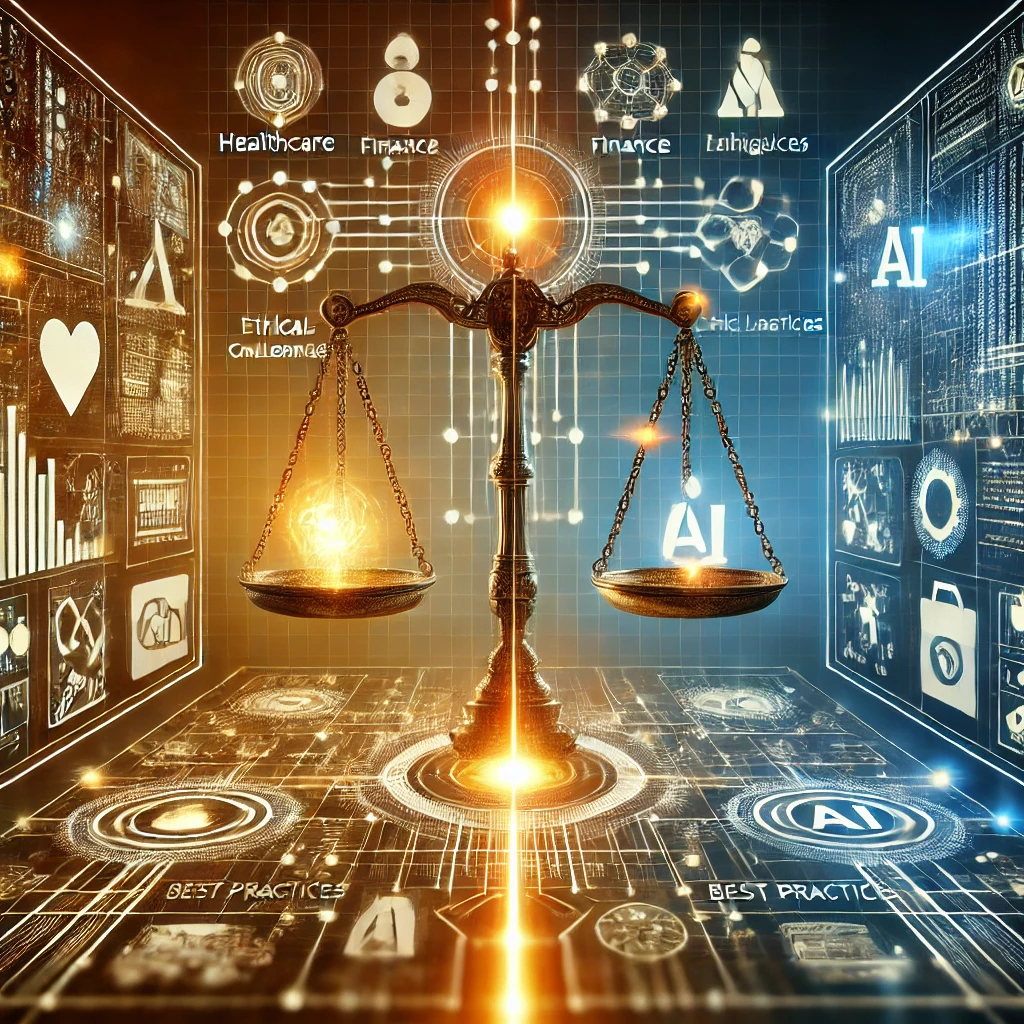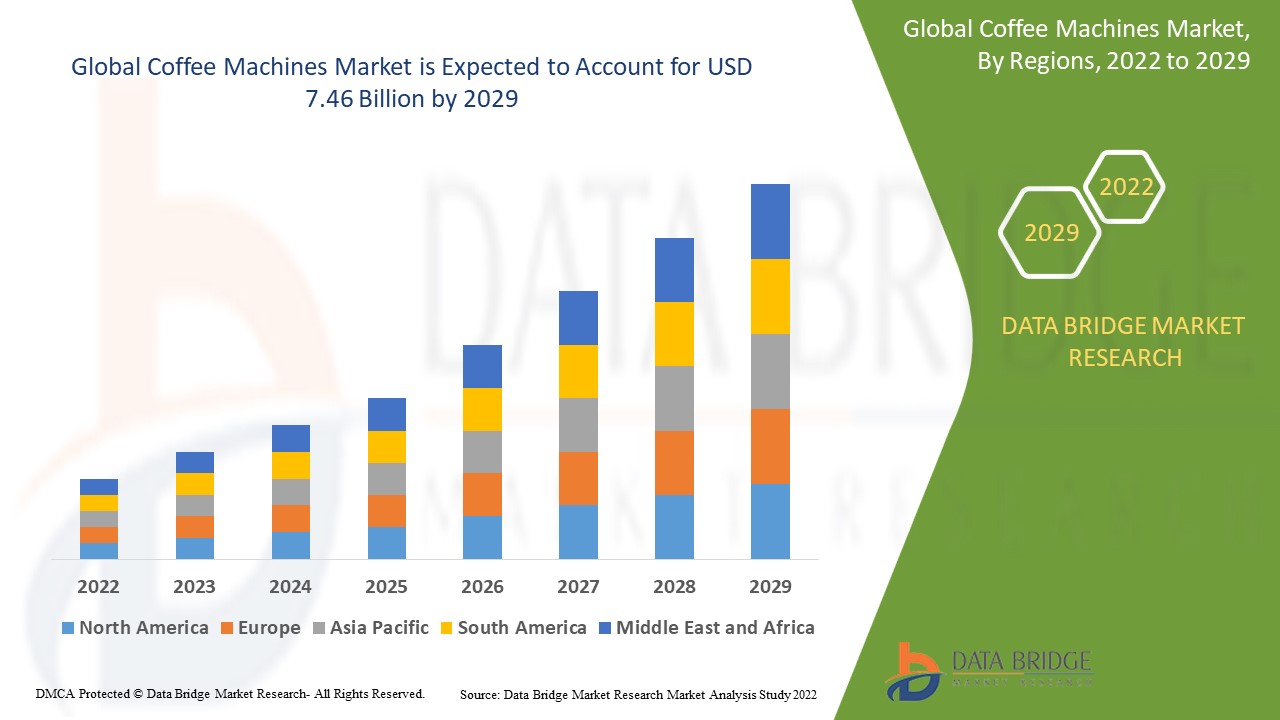Artificial Intelligence (AI) has moved from being a futuristic concept to an integral part of modern life. Its applications span various industries, reshaping how we work, communicate, and solve problems. Despite its transformative potential, AI also presents challenges and requires a thoughtful approach to maximize its benefits while addressing its risks. This article delves into AI’s applications, challenges, and best practices.
Applications of AI Technology
Healthcare
AI is making significant strides in healthcare, improving diagnostics, treatment planning, and patient management. Machine learning models analyze vast datasets to detect patterns and provide insights that help doctors make better decisions. For instance, AI-powered imaging tools can identify abnormalities in X-rays and MRIs more accurately and quickly than traditional methods.
Moreover, AI tools streamline administrative tasks like scheduling and record-keeping. Virtual health assistants provide patients with reminders, answer basic queries, and even monitor chronic conditions. These applications not only improve efficiency but also enhance patient outcomes.
Finance
In the financial sector, AI is transforming how institutions manage risks, detect fraud, and interact with customers. Algorithms analyze transaction data to identify unusual patterns that might indicate fraud. Robo-advisors provide personalized investment strategies based on individual goals and risk tolerance.
Customer service has also benefited from AI tools like chatbots, which handle routine queries efficiently. However, human advisors still play a critical role in managing complex financial situations, ensuring that technology complements rather than replaces human expertise.
Retail and E-commerce
AI is widely used in retail and e-commerce to personalize customer experiences and optimize supply chains. Recommendation engines analyze user behavior to suggest products tailored to individual preferences. This personalization boosts sales and enhances customer satisfaction.
Inventory management has also become more efficient with AI tools predicting demand and minimizing waste. Additionally, chatbots offer immediate assistance to customers, creating a seamless shopping experience. While these innovations improve operations, companies must address data privacy concerns to maintain consumer trust.
Creative Industries
AI has found applications in creative fields, enabling artists, writers, and designers to push boundaries. For example, AI can generate music, visual art, and even scripts. Platforms like Rubii AI exemplify this trend by providing NSFW AI generators and AI chatbots tailored to interactive and character-driven storytelling. These tools cater to specific creative needs, fostering a community of enthusiasts passionate about unique narratives and media.
Despite these advancements, human creativity remains irreplaceable. AI may assist in the creative process, but the originality and emotional depth that humans bring are crucial to meaningful artistic expression.
Manufacturing and Logistics
In manufacturing, AI enhances productivity through automation and predictive maintenance. Robots powered by AI handle repetitive tasks with high precision, reducing errors and increasing efficiency. Predictive analytics help identify potential equipment failures, minimizing downtime and improving operational reliability.
Logistics companies use AI to optimize delivery routes, track shipments, and manage supply chains more effectively. Autonomous vehicles and drones, though not yet widely adopted, hold promise for the future of logistics. While these technologies improve efficiency, they also raise concerns about job displacement and the need for workforce reskilling.
Challenges of AI Technology
Ethical Concerns
AI’s rapid adoption raises ethical issues, including bias in algorithms, data privacy, and accountability. Biased AI systems can perpetuate discrimination, particularly in areas like hiring or lending. Companies must ensure that their algorithms are trained on diverse and representative datasets to minimize such risks.
Data privacy is another significant challenge. As AI tools collect and process vast amounts of personal information, safeguarding this data becomes critical. Transparent policies and robust security measures are essential to maintaining user trust.
Job Displacement
While AI creates new opportunities, it also threatens jobs that involve repetitive tasks. Industries like manufacturing, retail, and transportation are particularly vulnerable to automation. However, roles requiring creativity, empathy, and complex decision-making remain less affected. Workers in these sectors must adapt by acquiring new skills that align with the evolving job market.
Technological Dependence
Relying too heavily on AI can lead to unintended consequences. For example, over-automation in customer service may alienate users who prefer human interaction. Similarly, errors in AI systems, such as incorrect medical diagnoses or flawed financial predictions, can have serious repercussions. Maintaining a balance between human oversight and automation is crucial.
Best Practices for AI Implementation
Focus on Transparency
Transparency is key to building trust in AI systems. Companies should clearly communicate how their AI tools work and what data they use. Regular audits can help identify and rectify biases or errors, ensuring that the technology operates fairly and effectively.
Prioritize Ethical Use
Ethical considerations should guide AI development and deployment. Organizations must implement guidelines to prevent misuse and ensure compliance with legal and regulatory standards. In particular, addressing algorithmic bias and protecting user data should be top priorities.
Invest in Workforce Development
As AI reshapes industries, workforce development becomes essential. Companies should invest in training programs to equip employees with skills that complement AI capabilities. For instance, learning how to interpret AI-generated insights or manage AI systems can open new career opportunities.
Combine Human and Machine Expertise
AI should not replace human expertise but augment it. For example, in healthcare, AI can assist doctors by analyzing medical data, but human professionals must make the final decisions. Similarly, in creative industries, platforms like Rubii AI can generate content, but the human touch ensures originality and emotional resonance.
The Future of AI
AI’s potential to transform industries is immense, but its success depends on responsible implementation. By addressing challenges and adhering to best practices, we can harness AI’s benefits while mitigating its risks. Collaboration between humans and machines will define the future, creating opportunities for innovation and progress across diverse fields.
Conclusion
Artificial Intelligence is not just a tool for efficiency; it is a catalyst for innovation and change. Its applications span multiple sectors, offering solutions to complex problems while posing ethical and societal challenges. By adopting best practices and maintaining a balance between human and machine contributions, we can ensure that AI serves as a positive force for progress. The journey ahead requires thoughtful action, but the possibilities are limitless.
Also Read
- ► Why to Choose Game Development as a Career Option?
- ► When to use face cream for babies
- ► Step Up SIP Calculator: Simple Tool to Maximize Profit in 2025
- ► Why Should You Choose Eduler as Your Study Abroad Consultant in Noida?
- ► Large and Mid Cap Funds: What Makes it Good for Your Portfolio?
- ► Effective Hyperpigmentation Treatment in Upminster: Restore Your Skin’s Radiance
- ► Agriline Tractor Parts: Helping Farmers Work Smarter
- ► Enhance Your Home with Sliding Mirror Wardrobe Doors
- ► Get Dissertation Help in Australia For 325+ Subjects
- ► Why Should You Join Agile Online Training In 2025?
- ► Why Professional Carpet Cleaning is Essential for Home Comfort
- ► Why Poker Players Love Fantasy Hockey Lineups:
- ► Is Your Windshield Safe? A Complete Guide to Auto Glass Repairs and Replacements
- ► Are You Struggling With CNC Broušení Kovů? Let’s Chat
- ► Get Expert SOP Help with Exclusive Offers for Students





